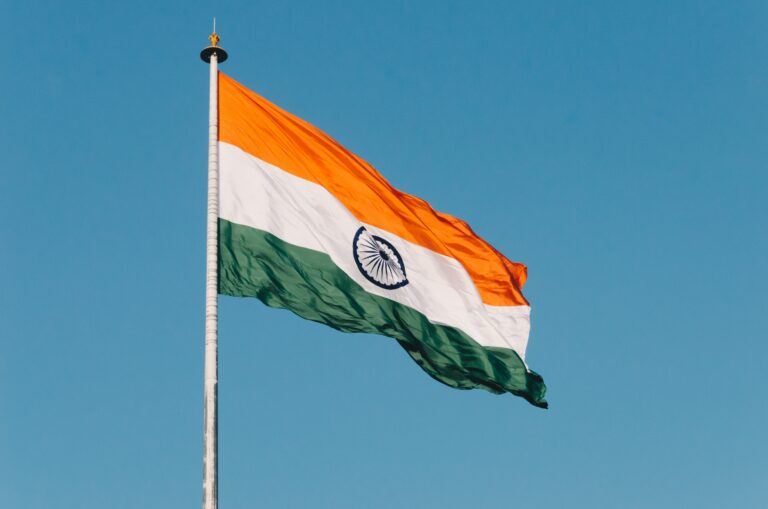As reported by Quartz India, rumors are brewing that the Indian government is looking into creating their own cryptocurrency. During a private panel with India’s finance ministry, quotes from high ranking officials hint that India is considering researching and developing their own cryptocurrency.
A senior government official has been quoted saying that, “we are evaluating the government-backed cryptocurrency and crypto-token.” Despite this, not every Indian official agrees that this will be a step forward for India. An anonymous executive says:
If a virtual currency is going to be backed by the government then it goes against the whole grain of such coins…These are essentially decentralised ledgers, and if the government or the RBI is trying to control it, then it loses its meaning.
Although this comes as good news for members of the Indian cryptocurrency community, it’s the first good news in a long time. Over the past few months, the Indian government has been explicitly anti-cryptocurrency, introducing laws and regulations that are limiting the growth of cryptocurrency in India.
Of these laws, the most damaging comes from The Reserve Bank Of India (RBI), which has previously banned cryptocurrency exchanges (and some of their users) from having bank accounts. Due to these regulations, cryptocurrency exchanges are losing members, worried that the RBI will shut down their bank accounts for using cryptocurrency. Zebpay, once the largest cryptocurrency exchange in India, shut down last month after their bank accounts were frozen by the government.
India is not the first nation to discuss a federal-organized cryptocurrency. Venezuela, the victim of massive inflation, launched their own oil-backed cryptocurrency earlier this month. The Venezuelan Petrois pegged to the price of one barrel of oil, and is already being used for government processes. In addition to Venezuela, Iran is researching the viability of a national cryptocurrency. After U.S. Sanctions limited Iran’s growth, Iran is looking for any way possible to continue participating in the global economy.









